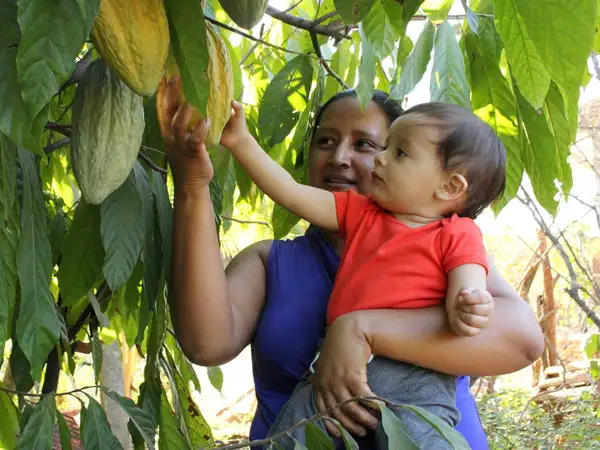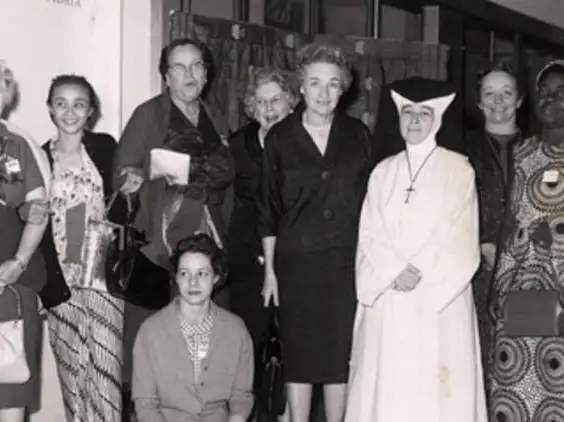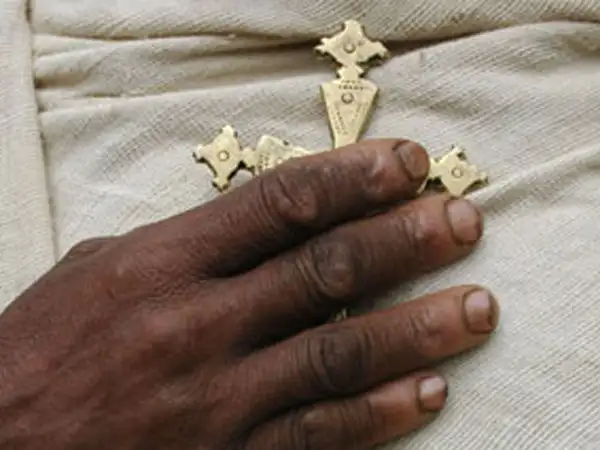Famine looms for the people of East Africa, with the impacts of the climate crisis a daily reality for millions of people. Over 36 million are suffering from hunger, and over 21 million need food assistance.
This week, major nations – including the UK – are attending a meeting convened by the UN to respond to the crisis in the Horn of Africa.
Ahead of the meeting, the UK has just announced a significant funding cut of £13m for the region. This will mean the people impacted by food insecurity, drought, conflict and climate change will be at even greater risk.
CAFOD, the official aid agency for the Catholic Church, is calling for the government to reverse this cut immediately.
Christine Allen, Director of CAFOD, said:
“Drought has plagued East Africa for over five years. Millions are at risk of hunger and famine. The region has been crying out for support, yet the UK has now decided to cut funding by £13m.
“This is a shameful betrayal of the people suffering and, despite their claims, shows the government is not taking this crisis seriously.
“The UK government must immediately reverse this devasting funding cut. The lives of millions of people depend on it.”
Countries including Ethiopia, Kenya and Somalia are suffering the worst drought for 40 years, and millions of people facing life-threatening malnutrition.
The region is also experiencing conflict, as seen recently in Sudan. Tensions are worsened by climate change, which undermines rural livelihoods and leads to competition for resources like land and water. Cuts to UK aid to the region contribute indirectly to an ever more challenging reality for the people of East Africa, already coping with crisis upon crisis.
Recent evidence from World Weather Attribution, a group of climate scientists, shows that without the human-driven climate crisis faced by the world today, the current drought fuelling the hunger crisis in the Horn of Africa would have been about 100 times less likely to occur.
The combined carbon emissions of Somalia, Ethiopia and Kenya reach a mere 0.1% of the global total, whereas the carbon emissions of G20 countries account for 76%. This shows people in the Horn of Africa are suffering the consequences of a climate emergency they did not create.
About CAFOD
CAFOD is the official aid agency for the Catholic Church in England and Wales and part of one of the largest aid networks in the world.




